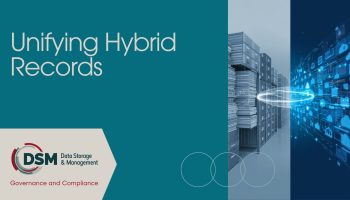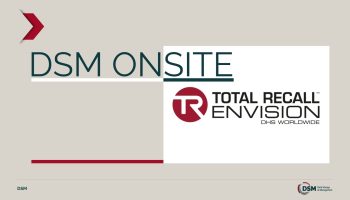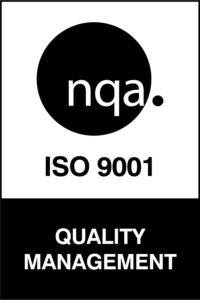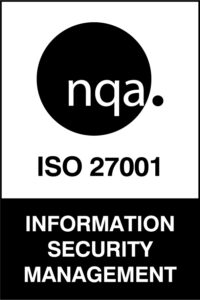In the life sciences sector, where compliance with stringent regulatory requirements is paramount, records digitisation offers a transformative solution. This blog will explore the requirements of a robust advanced scanning process, the challenges of internal digitisation, and why outsourcing might be the best path forward. We’ll also highlight common mistakes and pitfalls, the benefits of scanning, and key considerations for ensuring data protection and deletion.
Requirements for a Robust Advanced Scanning Process
A robust advanced scanning process is essential for ensuring the accuracy, security, and usability of digitised records. Here are the key requirements:
- High-Quality Scanners: Use high-resolution scanners capable of capturing clear, detailed images of documents. This ensures that all text and graphics are legible and accurate.
- Document Preparation: Properly prepare documents by removing staples, paperclips, and ensuring pages are flat. This prevents damage to the scanner and ensures smooth processing.
- Quality Control: Implement rigorous quality control checks to verify that scanned images are complete, readable, and free from errors. This includes checking for missing pages and ensuring consistent image quality.
- Metadata Assignment: Assign metadata such as file names, dates, keywords, and data types to facilitate easy retrieval and organisation of digitised documents.
- Secure Storage: Store digitised data in a secure, centralised repository with robust access controls to protect sensitive information
Challenges of Internal Records Digitisation
Digitising records internally can present several challenges:
- Resource Intensive: Setting up an internal digitisation process requires significant investment in equipment, software, and training. This can be costly and time-consuming.
- Data Quality and Accuracy: Ensuring high data quality and accuracy can be challenging, especially with manual data entry and diverse document formats.
- Integration Issues: Integrating digitised records with existing systems and workflows can be complex and may require specialised expertise.
- Security Risks: Managing the security of sensitive data during the digitisation process is critical. Internal teams may lack the necessary expertise to implement robust security measures.
Benefits of Outsourcing Records Digitisation
Outsourcing records digitisation to a professional service provider can offer several advantages:
- Expertise and Efficiency: Professional providers have the expertise and specialised equipment to handle large-scale digitisation projects efficiently and accurately.
- Cost-Effective: Outsourcing eliminates the need for significant capital investment in equipment and training, making it a more cost-effective solution.
- Enhanced Security: Professional providers implement stringent security measures to protect sensitive data, ensuring compliance with regulatory requirements.
- Focus on Core Activities: Outsourcing allows your team to focus on core business activities, improving overall productivity and efficiency.
Common Mistakes and Pitfalls in Records Digitisation
- Poor Image Quality: Low-quality digital images with illegible text or distorted graphics can render scanned documents useless.
- Inadequate Quality Controls: Failing to implement quality control measures can result in incomplete or inaccurate digital files.
- Inconsistent File Naming: Lack of standardised file naming conventions can make it difficult to organise and retrieve digitised data.
- Weak Security Measures: Insufficient security protocols can expose sensitive data to breaches and unauthorised access.
Key Items in the Scanning Process for Ensuring Data Protection and Deletion
- Data Protection: Implement robust access controls, encryption, and secure storage solutions to protect sensitive data during and after the scanning process.
- Data Deletion: Ensure that any physical documents or digital files that are no longer needed are securely destroyed. This includes using certified destruction methods to prevent data breaches.
- Compliance: Adhere to all relevant regulatory requirements, including GDPR and industry-specific standards, to ensure that data protection and deletion practices are compliant.
Partnering with DSM for Secure Document Management
At DSM, we understand the unique challenges faced by the life sciences sector. Our comprehensive document management solutions are designed to help companies maintain compliance with GDPR, Irish legislative requirements, and industry-specific regulations. We offer secure storage, advanced digitisation services, and certified end-of-life destruction of records.
By partnering with DSM, companies can ensure their document retention needs are managed securely and compliantly. Our commitment to excellence and customer satisfaction makes us a trusted partner in the life sciences industry.
For more information on how DSM can support your document management needs, visit our website and and contact us today
Added




